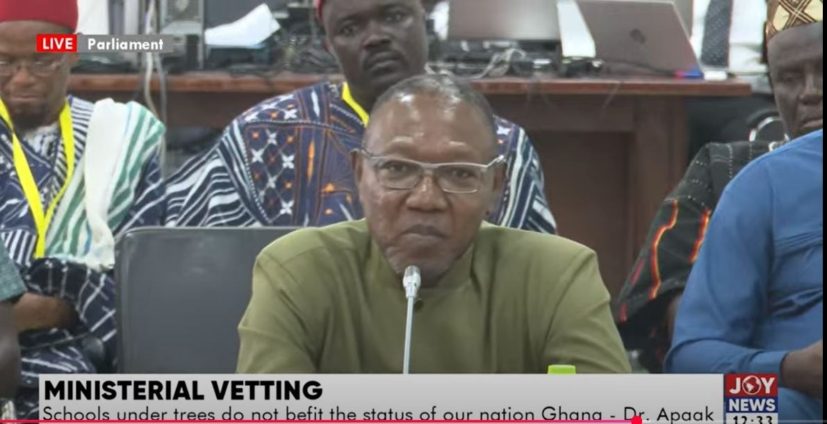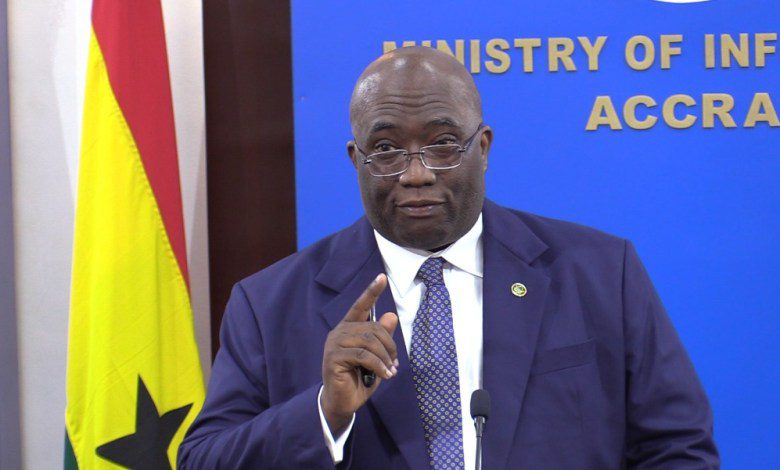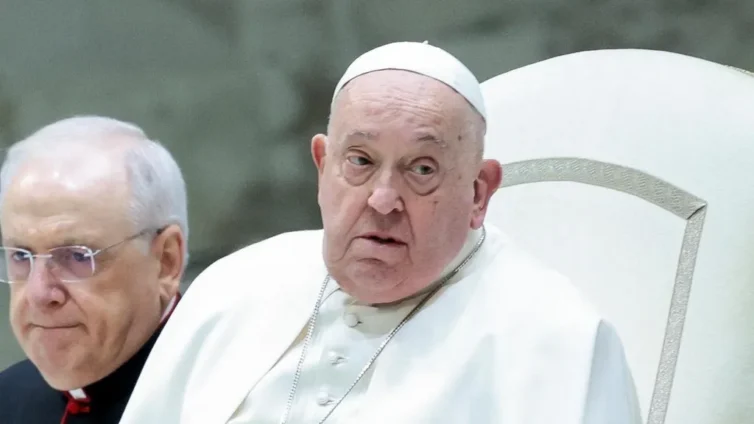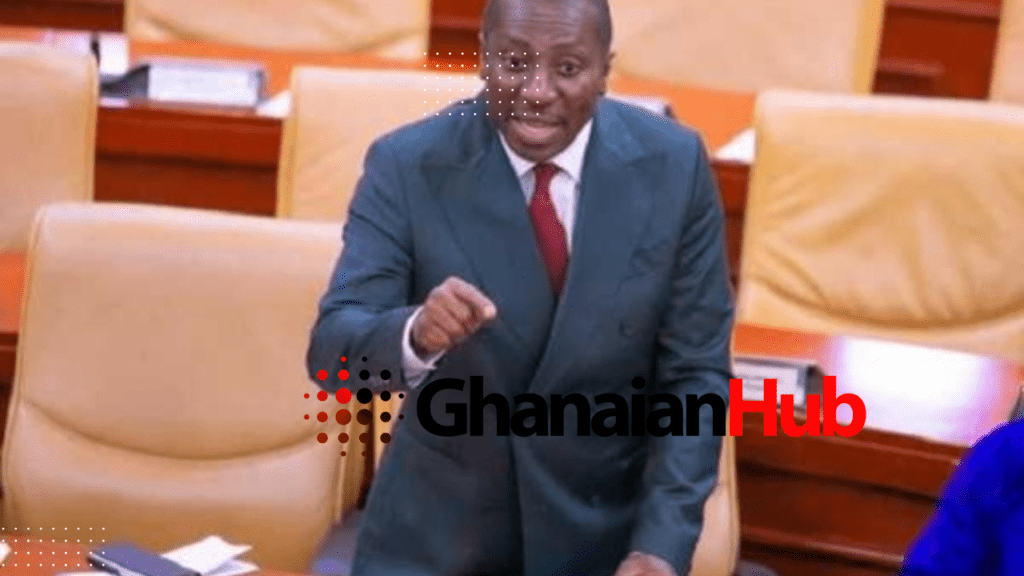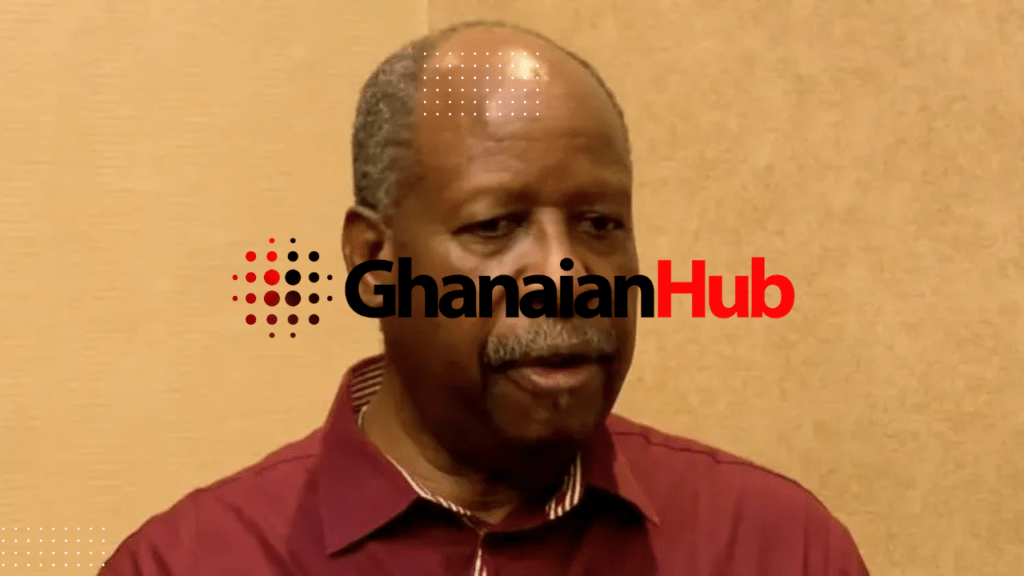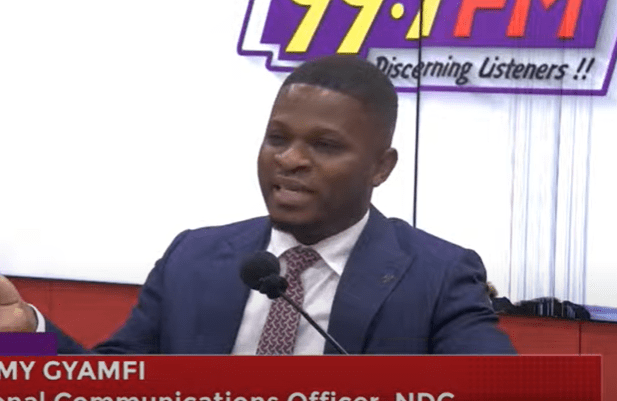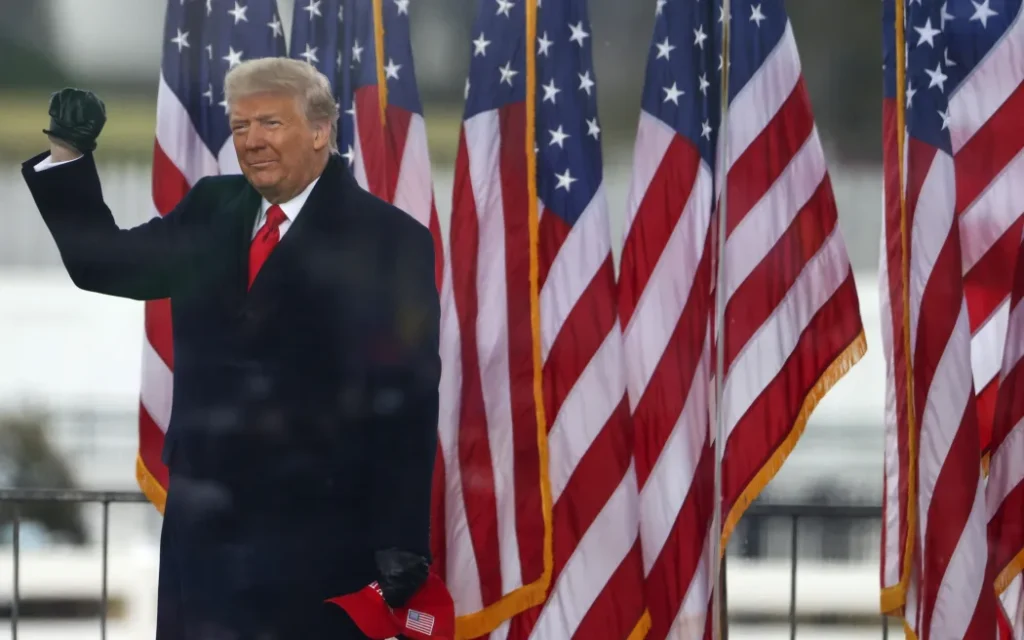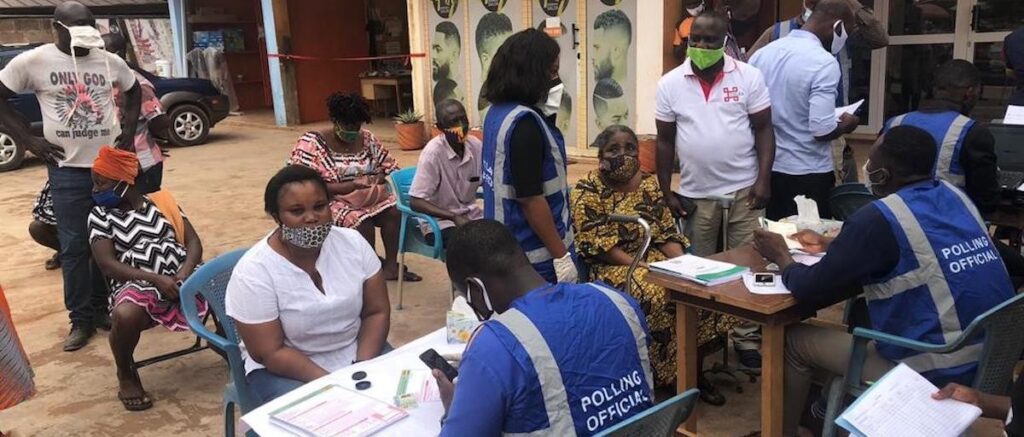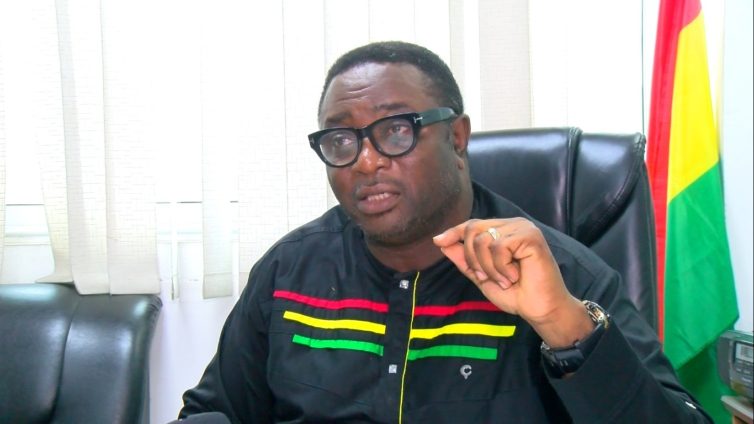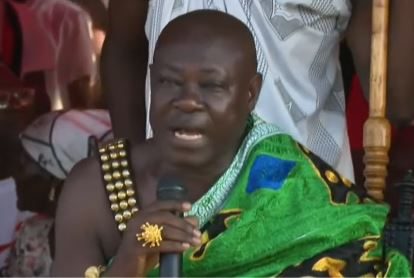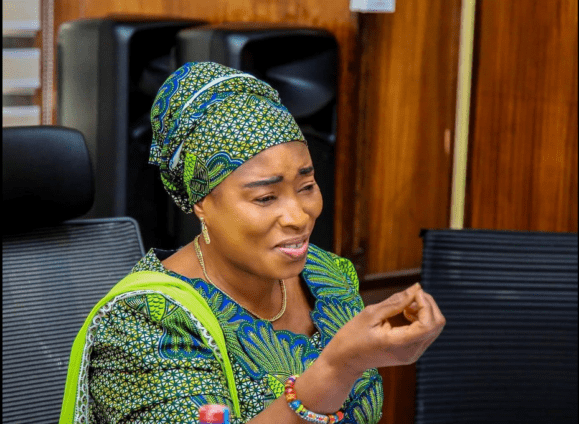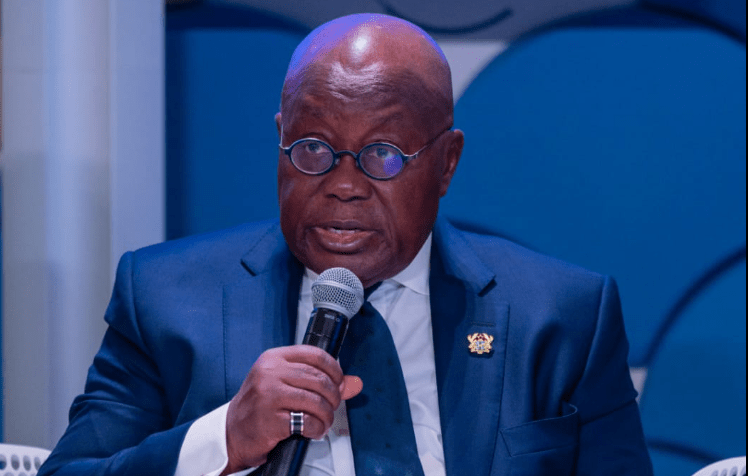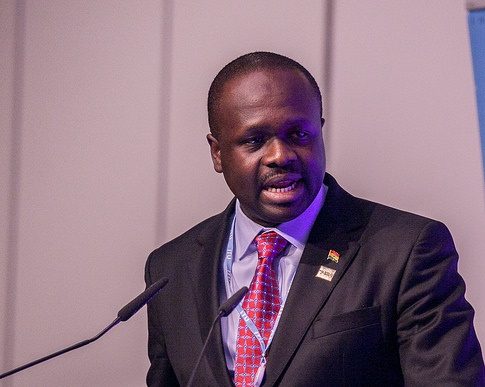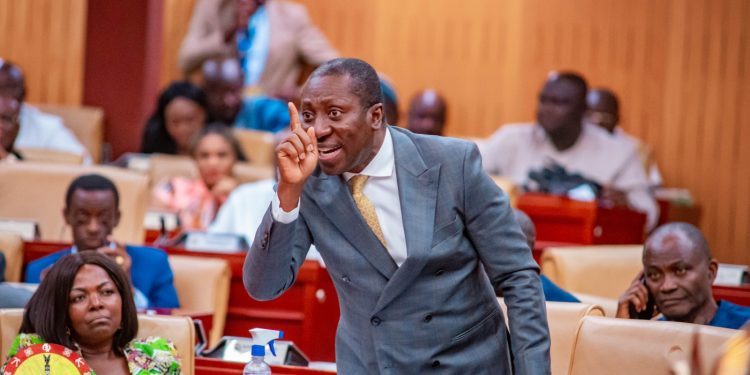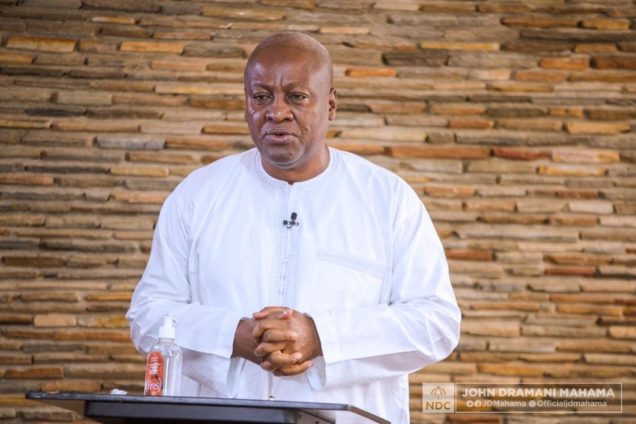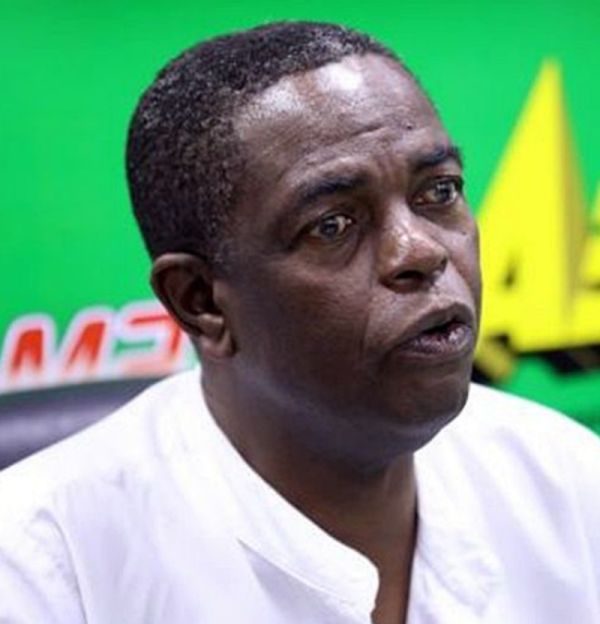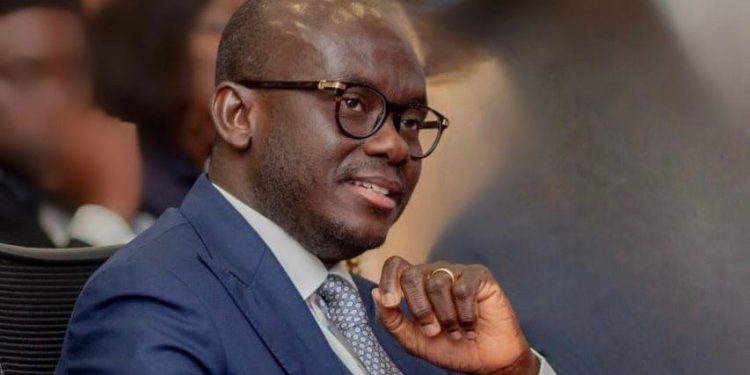Zebila MP Criticizes Majority Leader Legal Move as Premature and an Abuse of Process
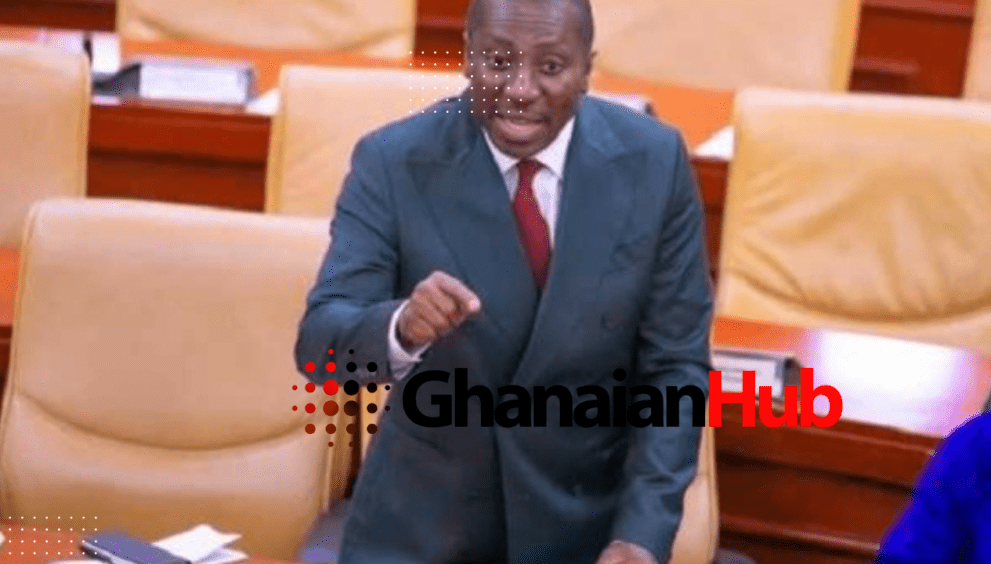
Zebila MP Criticizes Majority Leader: Zebila MP Cletus Avoka has taken issue with the Majority Leader, Alexander Afenyo-Markin, for his decision to file a writ at the Supreme Court over a petition submitted by former Minority Leader Haruna Iddrisu.
Speaking on Joy News’ PM Express, Zebila MP described Afenyo-Markin’s legal action as “premature” and an “abuse of judicial and parliamentary process.” He argued that the matter was not yet ready for judicial intervention, given that Parliament had not taken any formal decision on the petition at the time the writ was filed.
Background on the Dispute
The legal dispute arose from a petition by Haruna Iddrisu, who invoked Article 97(1)(g) of the Constitution to request that Parliament declare the seats of three Majority MPs and one National Democratic Congress (NDC) MP vacant. This constitutional provision states that an MP shall vacate their seat if they leave the party under which they were elected or attempt to remain in Parliament as an independent candidate. The outcome of this motion could potentially shift the balance of power in Parliament, where the Majority currently holds 138 seats to the Minority’s 137.
Avoka’s Arguments Against the Supreme Court Writ
According to the Zebila MP, Cletus Avoka, Afenyo-Markin’s move to involve the Supreme Court was “unnecessary” because Parliament had not yet debated or made a decision on the petition. He explained that it is the role of the Supreme Court to intervene when there is a clear violation of the Constitution, but in this case, no parliamentary action had been taken that could be deemed unconstitutional. “The purpose of the Supreme Court is to address actions that infringe upon the Constitution after they’ve been taken,” Zebila MP emphasized, adding that it was premature for the Majority Leader to seek judicial intervention without any prior ruling from Parliament.
Concerns Over Premature Legal Actions
Avoka expressed concern that allowing legal challenges before parliamentary processes are completed could undermine Parliament’s ability to function. He argued that such “speculative” legal actions set a dangerous precedent, where any ongoing parliamentary matter could be stalled through court injunctions. “If no action has been taken, how can you claim that the Constitution has been breached?” Avoka asked, suggesting that this approach could create a scenario where Parliament’s hands are tied, making it difficult for the legislative body to effectively carry out its duties.
Implications for Parliamentary Independence
The Zebila MP further warned that Afenyo-Markin’s move threatens to disrupt the balance between the judiciary and Parliament. He called the Majority Leader’s decision “illegal” and stressed that judicial interference should only occur if there is a clear and evident breach of the Constitution. “Parliament should be allowed to operate without judicial interference unless there has been a clear breach of the Constitution,” Avoka stated, cautioning that rushing to court on matters still under parliamentary consideration could undermine the legislative process.

Call for Caution and Judicial Restraint
In his remarks, Zebila MP called for a more cautious approach when dealing with legal interventions concerning parliamentary matters. He noted that the current situation serves as a reminder of the need to respect parliamentary procedures and allow Parliament to debate and make decisions on issues before resorting to the courts. He argued that this would ensure that the independence of Parliament is preserved and that the judiciary does not overstep its bounds in matters that fall within the legislative domain.
Read: Justice Abdulai on Constitutional Implications for MPs Running Independently
Conclusion
Cletus Avoka’s criticism of Alexander Afenyo-Markin’s legal move reflects broader concerns about the potential consequences of premature judicial interventions in parliamentary affairs. His remarks underscore the importance of respecting the separation of powers and ensuring that parliamentary procedures are followed before resorting to the courts. As the matter unfolds, it remains to be seen how Parliament will address the petition and whether the Supreme Court will ultimately play a role in resolving the dispute.


 English
English 
